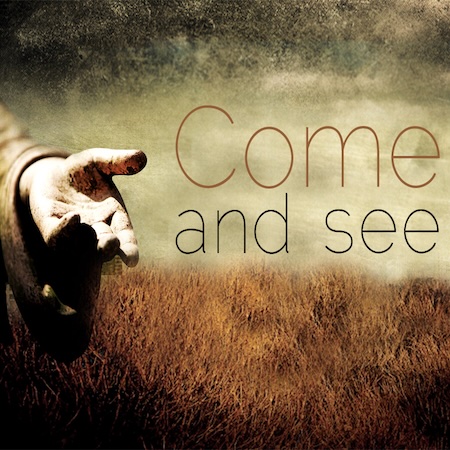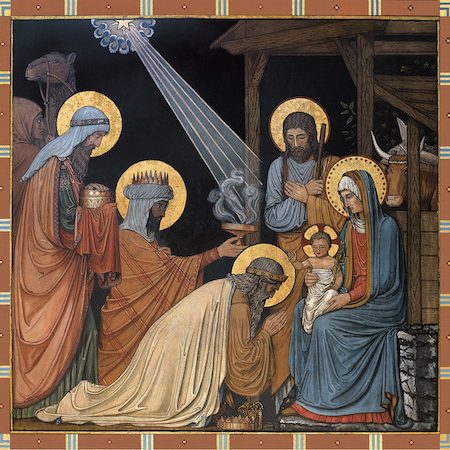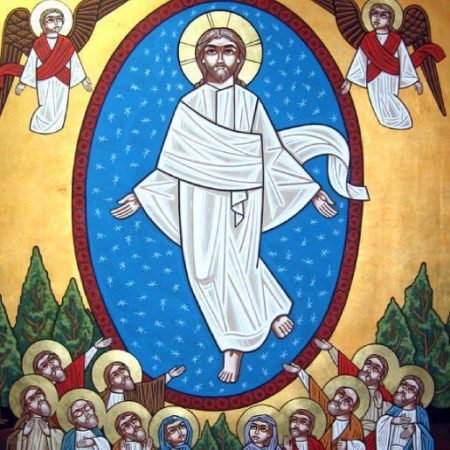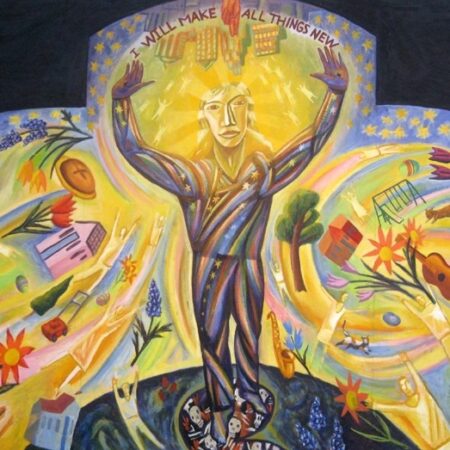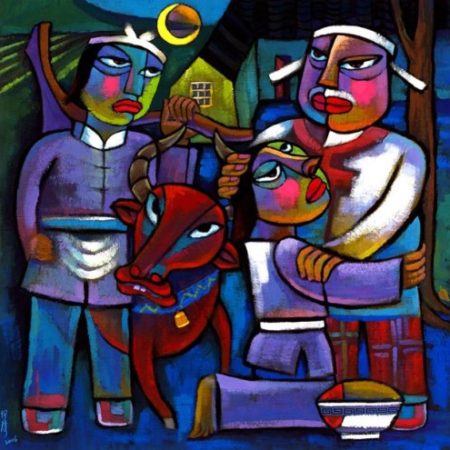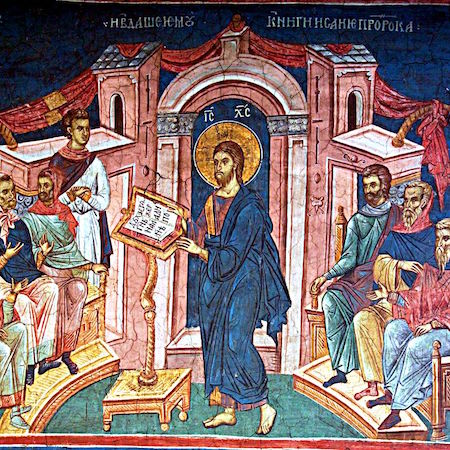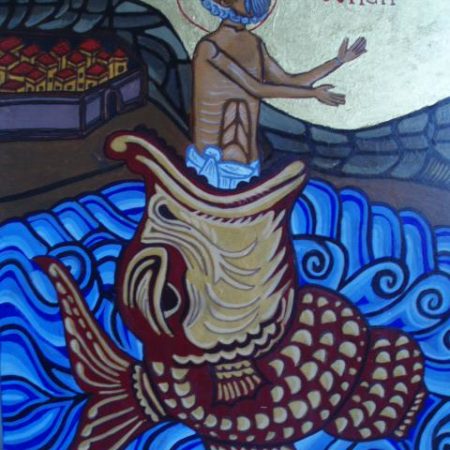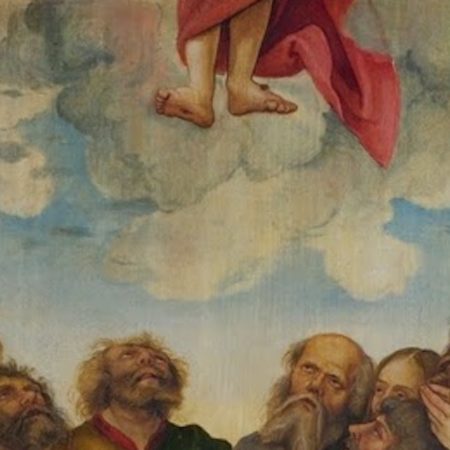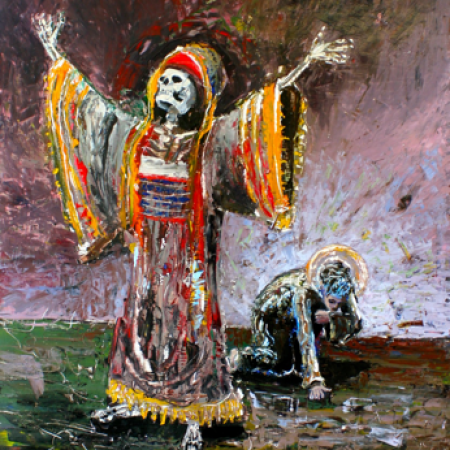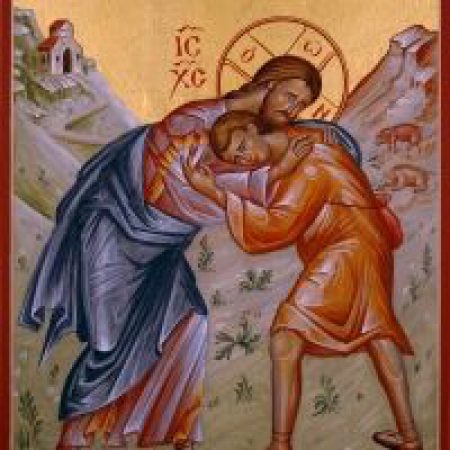In both the Christian church as well as the wider world, there is increasing division. Is there a way we can become genuine peacemakers in both church and world?
Sermons on Reconciliation
Salvation – reconciliation with God and with one another – is relational rather than transactional, and it begins with a willingness to see, listen and learn.
Epiphany reminds us that we have no monopoly on the truth and always have more to learn from people of other faiths and backgrounds.
Hope is a courageous and active stance towards life which is nourished in those who attend to the voice of God in Scripture.
Jesus constantly seeks to upend our prejudices in order to breakdown and overcome our divisive tribalism.
The Church born when God poured out the Holy Spirit, is one in which barriers of ethnicity, language, sex, age, and social status are transcended and all are equal in Christ.
The ascension is the completion of the cosmic liturgy that frees us from our entanglement in sin, lifts us into the holy of holies, and sends us forth as the body of Christ for the world.
In our worship we drink in the vision of heaven and earth made one so that our yearning might be fuelled; strengthening us against despair and empowering us to strive for the renewal of the world.
If you set yourself against the other, you also cut yourself off from the Father who loves you both. You diminish yourself, cut off the other, and break the Father’s heart.
Jesus’s agenda, which we are called to follow, is about healing, liberating and gathering in the excluded, not purifying the community by excluding anyone.
Healing the world’s tribalism and uniting us as one human family is the central goal of the gospel, the mission of salvation, the realisation of the kingdom of God.
God is most likely and able to work through those who accept their own weakness and don’t try to forcefully assert their own power and influence.
The Holy Spirit, poured out on the church, opens pathways of communication, breaking down barriers to enable us to communicate with one another and with God.
The story of Jonah challenges us whenever we start thinking that we have special rights as God’s people.
In order to recognise and cooperate with what God is doing, we often need to recognise and see past the assumptions that come with our own privilege.
Jesus calls us to look to the new things God is doing and seeks to humbly cooperate with them and bear witness to them.
Being a disciple of Jesus is not about changing behaviour, it’s about changing life! It’s about being changed at our very core so that our inner motivations and attitudes are transformed.
The particularity of Jesus’s identity scandalises our tribal sensibilities, but our attempts to erase such details in favour of a more “universal” truth inevitably fail to convey the good news of God with us.
God invites us into a journey of healing, growth and reconciliation, and values our engagement with that journey far above our individual accomplishments.
In Christ, God has made an agreement with us, offering us everything and demanding nothing, but if we offer nothing we will be at risk of squandering it all.


